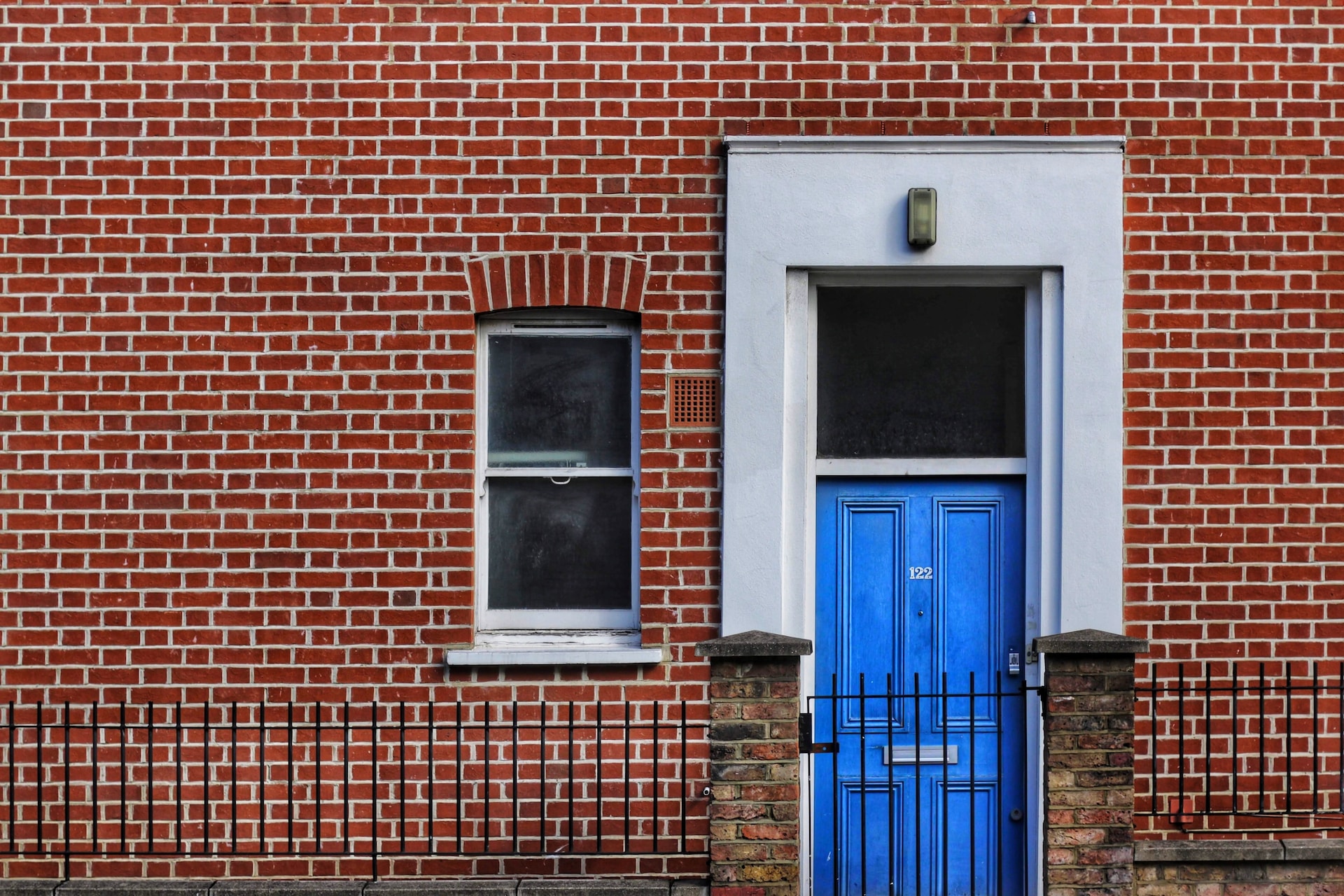Some people believe building surveys are unnecessary, but they are highly recommended. A building survey might save you hundreds of pounds in repair costs. There are different types of Building Surveys, so which one is right for you?
Perhaps you believe a simple report provides as good an indication of the property’s condition as a thorough building survey. However, a simple report may not spot potential problems that a building survey would identify, which could lead to future issues.
What is a Building Survey?
A building survey is an expert inspection of the condition of a property, and it informs a prospective buyer about any issues with the building. A surveyor visits the property and provides a report explaining any concerns discovered during the examination.
Homebuyers typically have a survey performed on a home after the seller has accepted their offer.
A comprehensive building survey includes the following items:
- A building inspection
- A full survey report
- A property valuation (only if stated explicitly by the surveyor)
The assessment examines all visible and accessible sections, such as the roof, walls, floors, windows, and doors, in addition to chimneys, cellars, garages, and outbuildings. Surveyors have a legal obligation to uncover and report any severe issues with a property. As a result, building inspection surveyors will actively look for potential problems and construction faults.
While not every building survey report uncovers significant flaws, there will always be a handful of issues reported on. This often permits the buyer to renegotiate the purchase price. Usually, the savings gained by doing a complete survey considerably outweigh the cost of conducting the survey.
Different types of Building Surveys
There are three basic types of survey:
Condition Report
A Condition Report is a first-level survey that examines the property’s status. It is often reserved for conventional residences and newer homes in good condition, costing between £400 and £950.
HomeBuyer Report
The Homebuyer Report is a level two survey, often known as the Home Condition Survey. It will contain all the aspects of a level one report and any faults that may impact the property. It can also give a market valuation, ranging between £450 to £1,000.
Full Building Survey
A level three report is a Full Building Survey with advice on problems, repairs, and how to preserve the property. It’s appropriate for older homes, atypical homes, remodelling projects, and bad-quality properties. As a result, it is the most costly and comprehensive alternative, costing between £600 to £1,500.
How Long Will the Survey take?
A surveyor will spend approximately 2-5 hours on the property to finish the inspection. They’ll prepare a complete report and, if necessary, explain anything to the client.
What is the cost of the Survey?
Your survey fee will be determined by the location, size, and kind of property, and different surveyors will also demand different fees. Overall, it is pretty unlikely that any development or construction project will be completed satisfactorily without some expert supervision along the way.
Do I Need A Building Survey?
People will likely make the most expensive purchase of their lives when they purchase a home. With so much money at stake, it’s only natural to want to be as well-informed as possible. As a result, there will be no unpleasant shocks when you move in.
Although having a survey on a property is not a legal obligation, it is a highly prudent decision to make. A building survey costs hundreds or slightly more than a thousand dollars and requires a few hours of your time.
In comparison, the expense of not having a survey performed could result in thousands of pounds in repair and maintenance costs. In addition to a great deal of unnecessary tension.
Where to Find a Surveyor
It is strongly advised that you always engage a registered surveyor. This will ensure your surveyor follows a stringent code of ethics.
It’s tempting to go with the cheapest option significantly since fees for surveyors will vary. However, comparing the comparable possibilities might save you money in the long run.
Working with Prince Surveyors Chartered Surveyors, you will access a team of professionals with local real estate knowledge working within an independent organisation. We operate throughout the UK, from Cardiff to Manchester to Portsmouth!
Final Word
In conclusion, depending on your property and how much you wish to pay, there are various sorts of building surveys.
If you are purchasing a home, it is highly recommended you have a comprehensive building survey conducted. This might save you a lot of money in the long run. If you do not want to spend thousands on repairs for your new property, a survey can be very beneficial.
The team can also arrange all forms of building project management. Get in contact with us today to discover how we can assist you or to organise providing initial FREE advice!
Read this article to understand more about what survey do you need? Also, read what to do after a bad report on building survey? If you want a detailed breakdown on what surveyors assess when they conduct a building survey, you may also be interested in what do surveyors do when they carry out a level 3 building survey?



